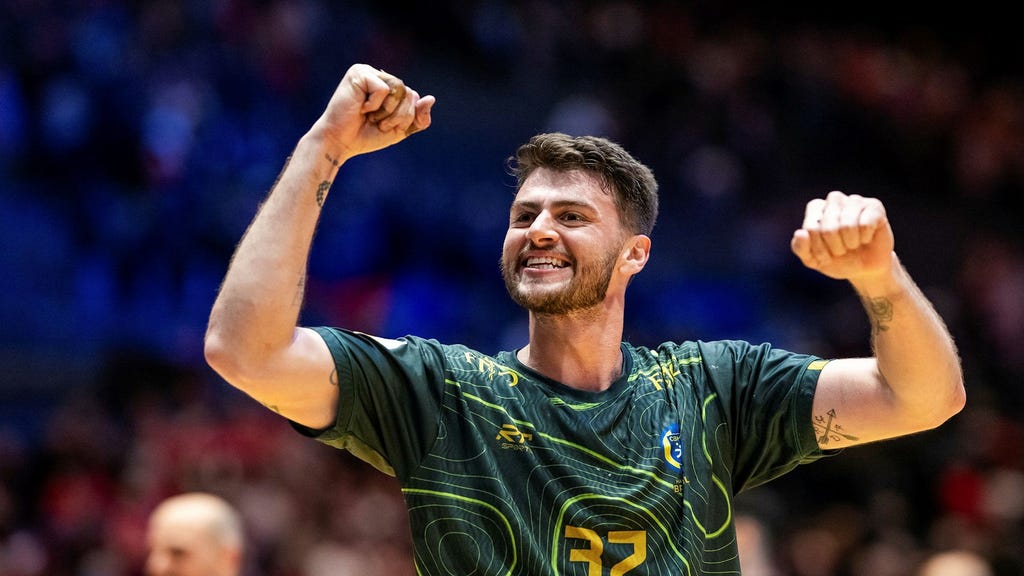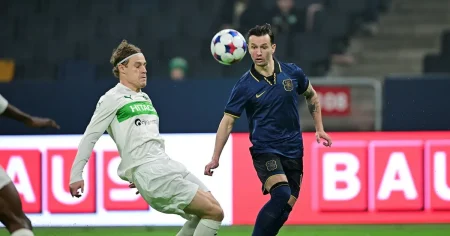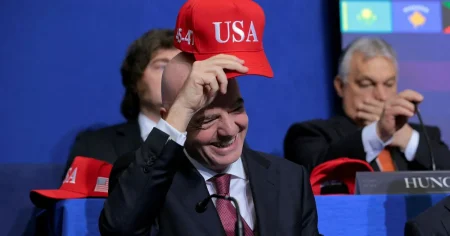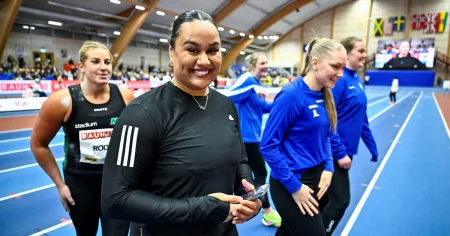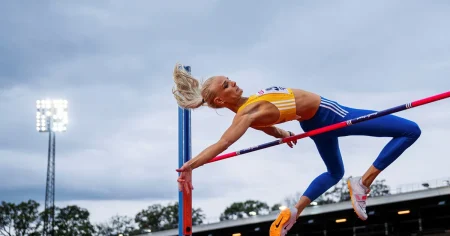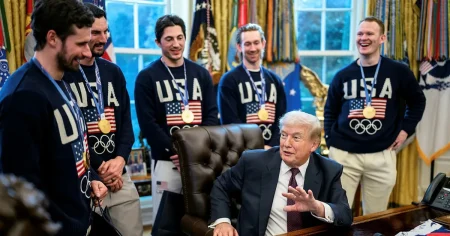The Globalization of Handball Faces Hurdles at the 2025 World Championship
The 2025 Handball World Championship, co-hosted by Norway, Denmark, and Croatia, has reached a critical juncture, with the main round underway. While the tournament expanded to 32 teams in 2021, aiming to broaden the sport’s global reach, the results so far suggest that European dominance remains firmly entrenched. This raises questions about the effectiveness of the expansion and the challenges faced in developing handball beyond its traditional European stronghold.
One of the tournament’s early surprises was Brazil’s victory over hosts Norway in the group stage. This, coupled with Egypt’s strong performance, provided a glimmer of hope for non-European nations. However, these successes remain outliers. A stark statistical reality underscores the disparity: Out of 17 non-European teams participating in the 2025 championship, only seven progressed to the main round. This contrasts with eight out of 14 in 2021 and seven out of 15 in 2023, indicating a possible decline in relative performance of non-European teams. The trend suggests that the expansion, while intended to create more opportunities for emerging handball nations, has inadvertently benefited smaller European countries.
The International Handball Federation (IHF), one of the largest international sports federations with 210 member countries, has pushed for global growth, particularly in markets like the United States. However, the resources available for development in these countries are often limited, hampering progress. US head coach Robert Hedin highlights the scarcity of players and resources as a major obstacle to building a competitive team. Hedin remains hopeful that the 2028 Los Angeles Olympics, where the US will participate as the host nation, will provide a much-needed boost to the sport’s profile and development.
The debate surrounding the 32-team format continues. Swedish handball legend and commentator Magnus Wislander supports the expansion, arguing that it exposes lesser-known teams to a higher level of competition and provides valuable experience, citing Chile’s first-ever qualification for the main round as a positive example. He also emphasizes the financial incentives for participating nations, crucial for sustaining handball programs in countries where resources are scarce. Wislander dismisses concerns about lopsided scores, drawing parallels to cross-country skiing, where large performance gaps are accepted as part of the sport. He advocates for a system that allows smaller nations to compete against comparable opponents, possibly through a tiered structure, rather than reducing the number of participants.
While acknowledging the current results appear to contradict the IHF’s globalization goals, Swedish national team star Jim Gottfridsson urges patience, suggesting a long-term perspective is necessary to evaluate the expansion’s impact. He believes that meaningful change requires a sustained effort over decades, not just a few years. This perspective suggests that assessing the true success or failure of the expansion will require a much longer timeframe.
The historical context further emphasizes the difficulty faced by non-European nations. No team outside Europe has ever won the World Championship. The only instance of a non-European team reaching the final was Qatar in 2015, a team bolstered by naturalized European players. Brazil, however, presents a compelling case study in progress. Their historic victory against Norway, followed by a win against Chile, positions them alongside Sweden in the main round standings. A strong finish could propel Brazil to its best-ever World Championship result and offer a concrete example of a non-European nation making significant strides on the world stage.
The upcoming matches will be crucial for determining which teams advance to the quarterfinals. Sweden’s fate rests on their performances against Brazil and Norway. While two victories would guarantee a quarterfinal berth, a single win might suffice, depending on other results. The tournament remains a complex interplay of ambition, development, and competition, revealing both the challenges and opportunities in achieving true globalization in handball. While European nations continue to dominate, the progress of teams like Brazil and the ongoing debate over the tournament’s format highlight the evolving landscape of this dynamic sport.





